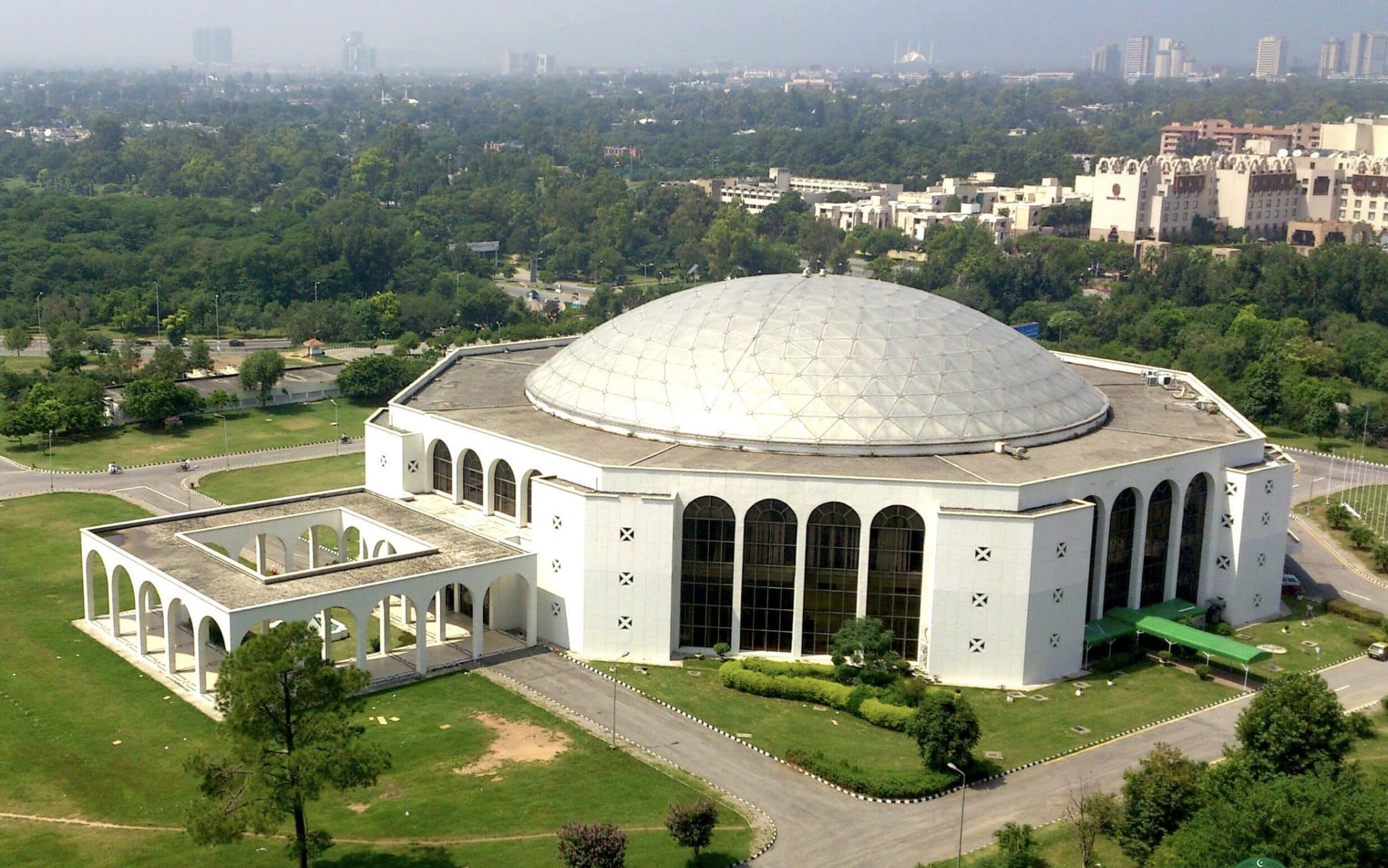Pakistan Finalizes Draft Space Regulatory Framework to Formalize Satellite Internet Services
Pakistan has taken a major step toward regulating satellite internet operations with the draft of its first-ever Space Regulatory Framework. Led by the Pakistan Space Activity Regulatory Board (PSARB), this initiative aims to establish permanent licensing procedures for global satellite internet providers like Elon Musk’s Starlink and other international companies.
The draft framework has been circulated among key stakeholders, including the Pakistan Telecommunication Authority (PTA), PEMRA, and other relevant government bodies, for feedback. Designed to align with international best practices, it features clear licensing rules, risk management protocols, cybersecurity, and data protection standards.
Under the new policy, all satellite internet providers must register with PSARB before applying for operating licenses from PTA. Earlier this year, Starlink was granted a temporary No Objection Certificate (NOC), but will now need to reapply for full approval under the updated framework. Interest from other global players, including China’s Shanghai Spacecom Satellite Technology and companies from Europe and the Gulf, is reportedly increasing.
READ MORE:
Jazz Resolves $158 Million Tax Dispute with FBR Following Court Verdict on Tower Sale hatGPT
This regulatory push builds on the National Space Policy approved in December 2023 and the Pakistan Space Activities Rules enacted in February 2024, which expanded PSARB’s authority over the sector. The framework enforces strict compliance on service quality, national security, space law, interference control, and data governance.
The move aims to modernize Pakistan’s digital infrastructure and boost broadband access in remote regions by enabling satellite internet services. PSARB’s collaboration with PTA ensures technical and cybersecurity standards are met while protecting national digital sovereignty.
As the framework nears finalization, government officials are hopeful it will attract foreign investment and open new opportunities for Pakistan’s space and connectivity market, balancing innovation with robust regulatory safeguards.



